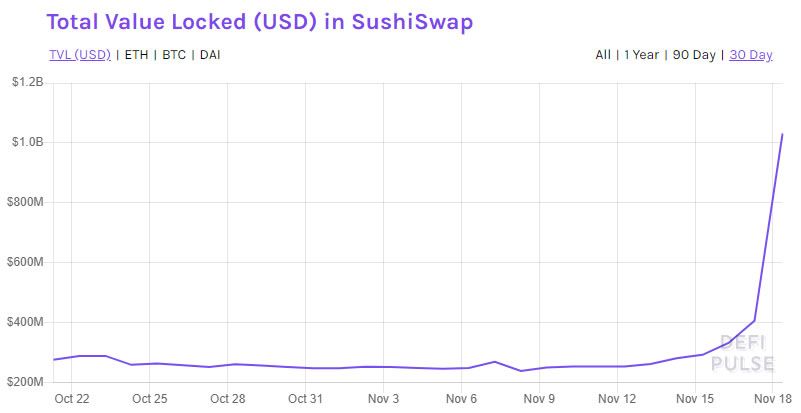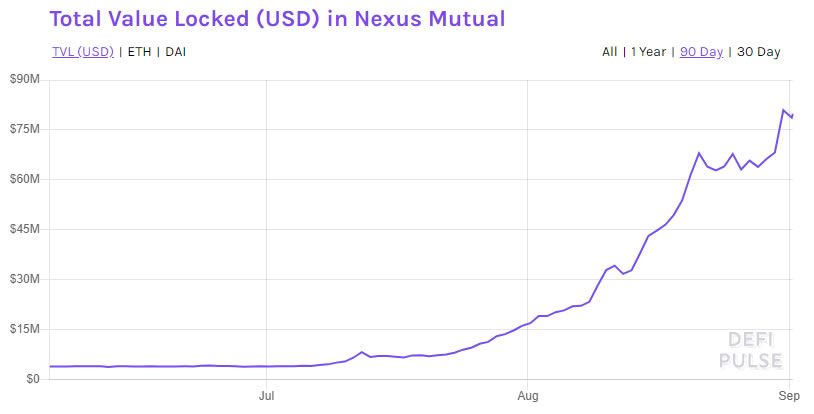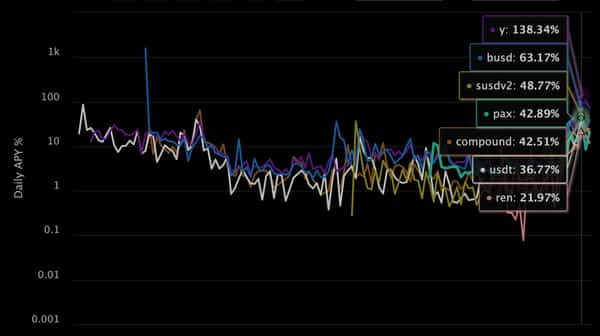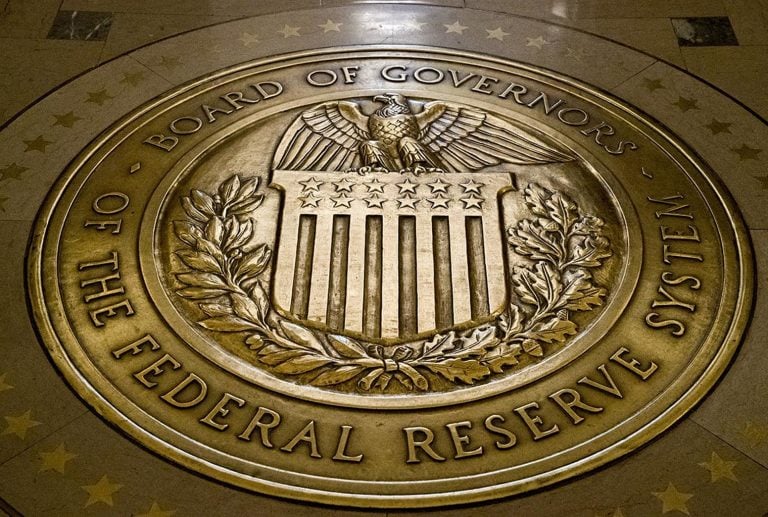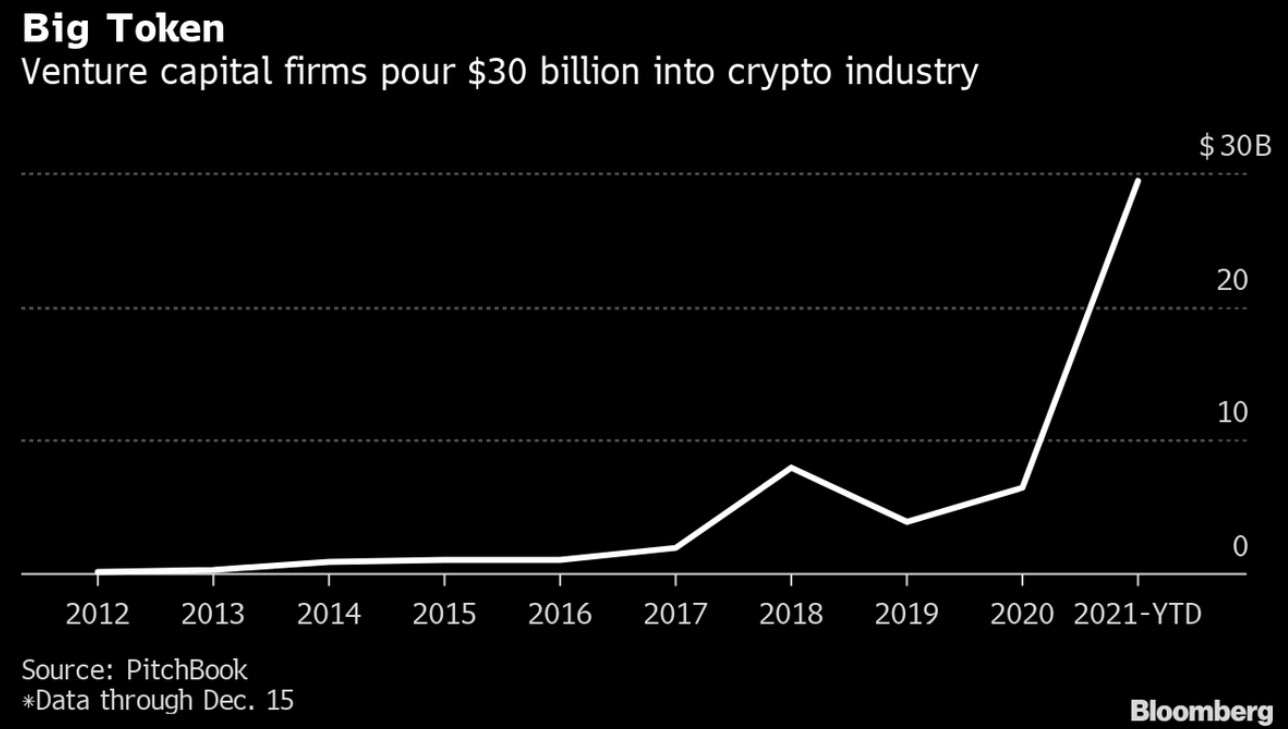2021-9-27 16:44 |
China has taken even more concrete steps towards its crackdown on the cryptocurrency industry. Last week, the central bank declared virtual currency-related business activities, including the provision of services by overseas exchanges to Chinese residents through the Internet, to be “illegal financial activities.”
This time the People’s Bank of China involved the Supreme People's Court of the Central Cyberspace Administration of PBOC, Ministry of Industry and Information Technology, Ministry of Public Security, China Banking and Insurance Regulatory Commission, and China Securities Regulatory Commission Foreign Exchange Bureau in the crackdown.
Given that the notice that appeared on PBOC’s website was dated Sept. 15, some local crypto users maintain that there was a lot of chatter about the ban in the community before it was announced, while others say while rumors were swirling for weeks, the actual confirmation made it a “material event.”
working theory is that recent China (excludes mining) regulatory changes have far more to do with e-CNY rollout than anything else
— Matthew Graham (@mattysino) September 26, 2021
In response to this, cryptocurrency exchanges Binance, Huobi, and OKEx stopped allowing new users from mainland China to register with the platform.
On Saturday, Huobi Global officially announced that in order to comply with the local laws and regulations, they have already ceased new account registrations and will further “gradually retire existing Mainland China user accounts by 24:00 (UTC+8) on Dec 31, 2021.”
“We have not allowed Chinese people to use it since 2017, and we have no exchange business in China,” the exchanges then told the Chinese media over the weekend.
Besides these popular exchanges, BiONE, TokenPocket, BHEX, HyperDAO (HDAO) Foundation, Loopring Technology Limited, and ZKSwap stated that they would stop providing their services to Chinese users and are withdrawing business in mainland China.
Ethereum mining pool Xinghuo Pool also announced that it wouldn’t provide its mining pool services to users in mainland China the same as graphics card mining machine management software NBMINER, which would no longer provide technical support either.
Chinese cryptocurrency investors are disbanding WeChat groups and joining the telegram community.
— Wu Blockchain (@WuBlockchain) September 27, 2021
In Inner Mongolia, so far, authorities have closed 45 crypto mining farms, “theoretically saving 6.58 billion kilowatt-hours of electricity per year,” and confiscated over 10,000 mining machines in its latest operation.
Crypto prices have already taken a hit from the news, and a “panic selling” of USDT was also seen, which went from 6.40 to 6.01 against RMB.
Amidst this, on Monday, the PBOC injected 100 billion yuan (US$15.5 billion) into the local banking system through open market operations, boosting the net liquidity injection of 510 billion yuan (almost $79 billion) in the preceding six days.
Still, the central bank failed to spur risk appetite as crypto-linked stocks Huobi Technology, OKG Technology, and Meitu slumped, and Hang Seng Index lost almost all its advance with no sign of a resolution to Evergrande’s debt crisis, reported SCMP.
The prices of crypto assets, however, have recouped most of their losses and especially the DeFi sector, which is seeing traction among Chinese users.
The post Crypto Exchanges and Companies React to China’s Ban, PBoC Injects 100 Billion Yuan Liquidity in Markets first appeared on BitcoinExchangeGuide. origin »Bitcoin price in Telegram @btc_price_every_hour
Yuan Chain (YCC) на Currencies.ru
|
|

